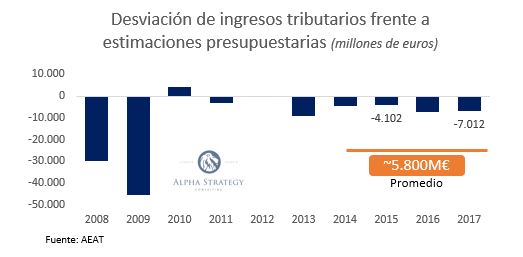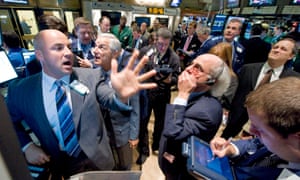The International Monetary Fund can be criticized for many things, but its analysis of countries’ debt risk tends to be worth a read.
In this case, the International Monetary Fund has once again warned Spain of the risk of reversing reforms and increasing imbalances.
It asks to deepen in the labor reform to end structural unemployment and credible measures for the 2019 budget.
The IMF is often criticized on many sides. It is often accused of being “neoliberal” despite the fact that in almost all its recommendations aim to prevent spending cuts. It is wrongly criticized, on many occasions, for being negative on countries. It is exactly the opposite. The IMF is often too diplomatic and, above all, undemanding with governments.
A clearly diplomatic IMF has verified in its last report the important risks facing the Spanish economy. As growth slows down more quickly than expected, the risks that threaten the recovery have increased and many of the socialist government’s announcements could be counterproductive and accelerate a relapse.
In a very diplomatic but forceful way, the IMF warns about the governments’ optimistic and inflated estimates of tax revenues. No wonder, because the average error in revenue estimates for new taxes in Spain is very important, an average of 5.8 billion euro annually.
Inflated estimates are an easy trick to square budgets. Making impossible estimates of tax revenue while spending increases are very real. Then, when deficits soar, blame an external enemy.
The graph below shows the historical overestimation of tax revenues (5.8 billion euro per annum more tax revenues estimated than actually collected).

The Spanish Treasury Inspectors themselves have warned: “It would also be very interesting that those who speak again and again of these striking figures will provide the studies on which they are based to compare them. From previous unsubstantiated studies, inadequate and impossible proposals arise”(Tax Inspectors, January 2015).
…click on the above link to read the rest of the article…

























